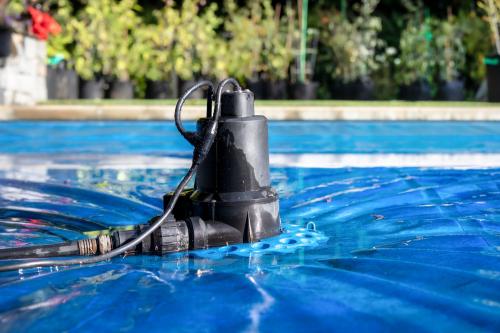
When it comes to pool maintenance, the pool pump plays a
crucial role in ensuring proper water circulation, filtration, and overall
cleanliness. Understanding the role of a pool pump is essential when
considering the cost to install a pool pump. In this article, we will delve
into the significance of a pool pump and why it is a fundamental component of
maintaining a healthy and enjoyable pool environment.
Water Circulation and Filtration
The primary role of a pool pump is to circulate the pool
water, ensuring that it flows through the filtration system. The pump draws
water from the pool, passes it through the filter, and returns it back into the
pool. This continuous circulation is vital for removing debris, dirt, leaves,
and other contaminants from the water. Without proper circulation, the water
can become stagnant, leading to potential problems such as algae growth, cloudy
water, and poor water quality. A reliable pool pump ensures efficient water
circulation, maintaining a clean and inviting pool.
Filtration Efficiency
A pool pump's effectiveness is closely tied to the
filtration system's efficiency. The pump works in tandem with the pool filter
to remove impurities from the water. As water passes through the filter, it
captures particles and debris, leaving the water clean and clear. The pool pump
provides the necessary pressure to push the water through the filtration media,
ensuring that all particles are adequately trapped. A well-functioning pool
pump helps maintain optimal filtration efficiency, ensuring that the pool water
remains pristine.
Chemical Distribution
Proper chemical distribution is crucial for maintaining
balanced water chemistry and sanitation. The pool pump facilitates the
distribution of pool chemicals throughout the pool. It helps disperse chemicals
evenly, preventing localized imbalances and ensuring that the entire pool
receives the necessary treatment. Effective chemical distribution prevents
issues such as algae growth, bacteria proliferation, and improper pH levels. A
reliable pool pump plays a significant role in maintaining proper chemical
balance and sanitation, keeping the pool water safe and enjoyable for swimmers.
Energy Efficiency
While considering the cost to install a pool pump, it is
essential to evaluate the pump's energy efficiency. Energy-efficient pool pumps
are designed to minimize energy consumption while delivering optimal
performance. They utilize advanced technologies such as variable-speed motors
or two-speed options, allowing you to adjust the pump's speed based on the
pool's needs. By running the pump at lower speeds during periods of filtration
and circulation, energy-efficient pumps can significantly reduce energy usage
and lower operating costs in the long run.
Maintenance and Longevity
A reliable pool pump not only ensures effective operation
but also contributes to the longevity of other pool equipment. By maintaining
proper water circulation and filtration, a well-functioning pump reduces strain
on the pool's filtration system, heater, and other components. This, in turn,
minimizes wear and tear, extends the lifespan of the equipment, and reduces the
need for costly repairs or replacements. Regular maintenance of the pool pump,
such as cleaning the pump basket and inspecting seals, further enhances its
performance and longevity.
Conclusion
A pool pump plays a vital role in maintaining a clean,
clear, and inviting pool. It facilitates proper water circulation, effective
filtration, and efficient chemical distribution, ensuring a safe and enjoyable
swimming environment. When considering the cost to install a pool pump, it is
important to recognize its significance in maintaining pool hygiene, optimizing
filtration, and promoting energy efficiency. By investing in a reliable pool
pump and conducting regular maintenance, you can ensure the long-term
functionality, efficiency, and longevity of your pool's circulation system.

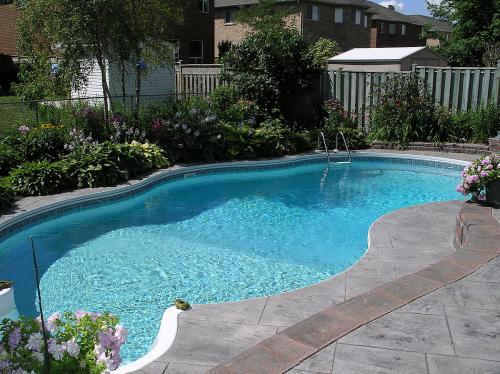



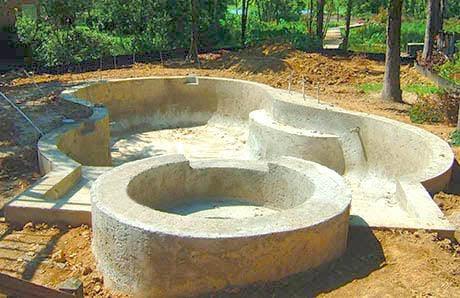
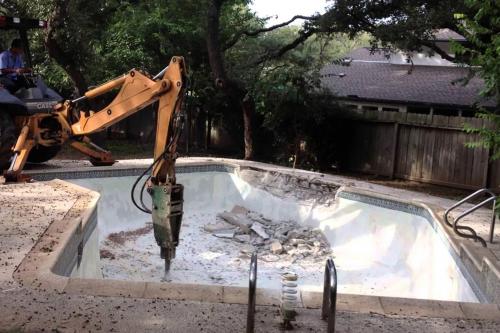
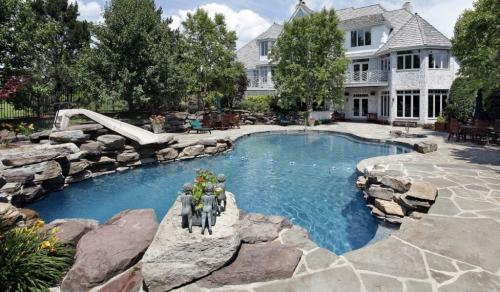

Comments